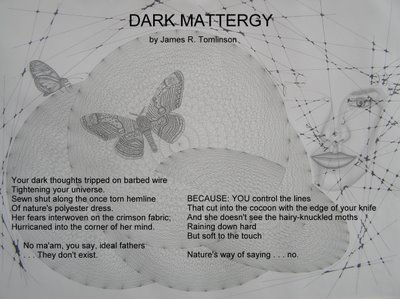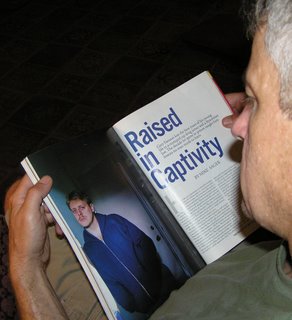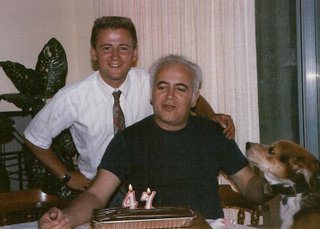
In a recent staff meeting we discussed concentrating our efforts on teaching the short-timers, those darling inmates that have a chance of parole. Sure sounds like a winning strategy, doesn't it? Well, you’re probably not going to believe my reaction, and that’s fine, but this is what I said, "Give me the lifers. I’ll take them, I’ll teach them."
Back in 1992, when I first started with the Michigan Department of Corrections, my outlook was much different. Why should I, or anyone else for that matter, waste time teaching someone that would one day be carried out in a pine-box (figuratively speaking)—and handcuffed too, because no one really truly dies in prison; there’s legal issues involved and there’s a chance they’re faking their own death and trying to escape.
In the early 90’s I remember a young man (actually I thought of him as a naïve, immature kid) that entered my classroom with a nasty temperament and a bad attitude. We had a policy back then that any inmate without a high school diploma must go to school. This kid explained to me that he was "doing all day," and why should he care about attending class? We battled often. I’d write major misconduct tickets as a temporary fix—hell, if he couldn’t come out of his cell then my workday would run much smoother. Also, I wouldn't be held liable if he hurt another inmate on my watch, especially the precious short-timers. Unfortunately, he’d come back angrier than before, claiming that I was a racists, that I couldn’t break him. This went on for well over a year.
One day he approached me as determined as ever. "Listen," he said, "My mother’s dying and I want to make her proud."
He earned his GED in a very short time afterward. At the GED ceremony, dressed in cap and gown, this young man introduced me to his mother. You could tell she was dying, but at that very moment, she was happy to see her son do something positive. His name is Darryl Woods and the attached article from Thursday’s Detroit Free Press proves my point: "I’ll teach the lifers."















































